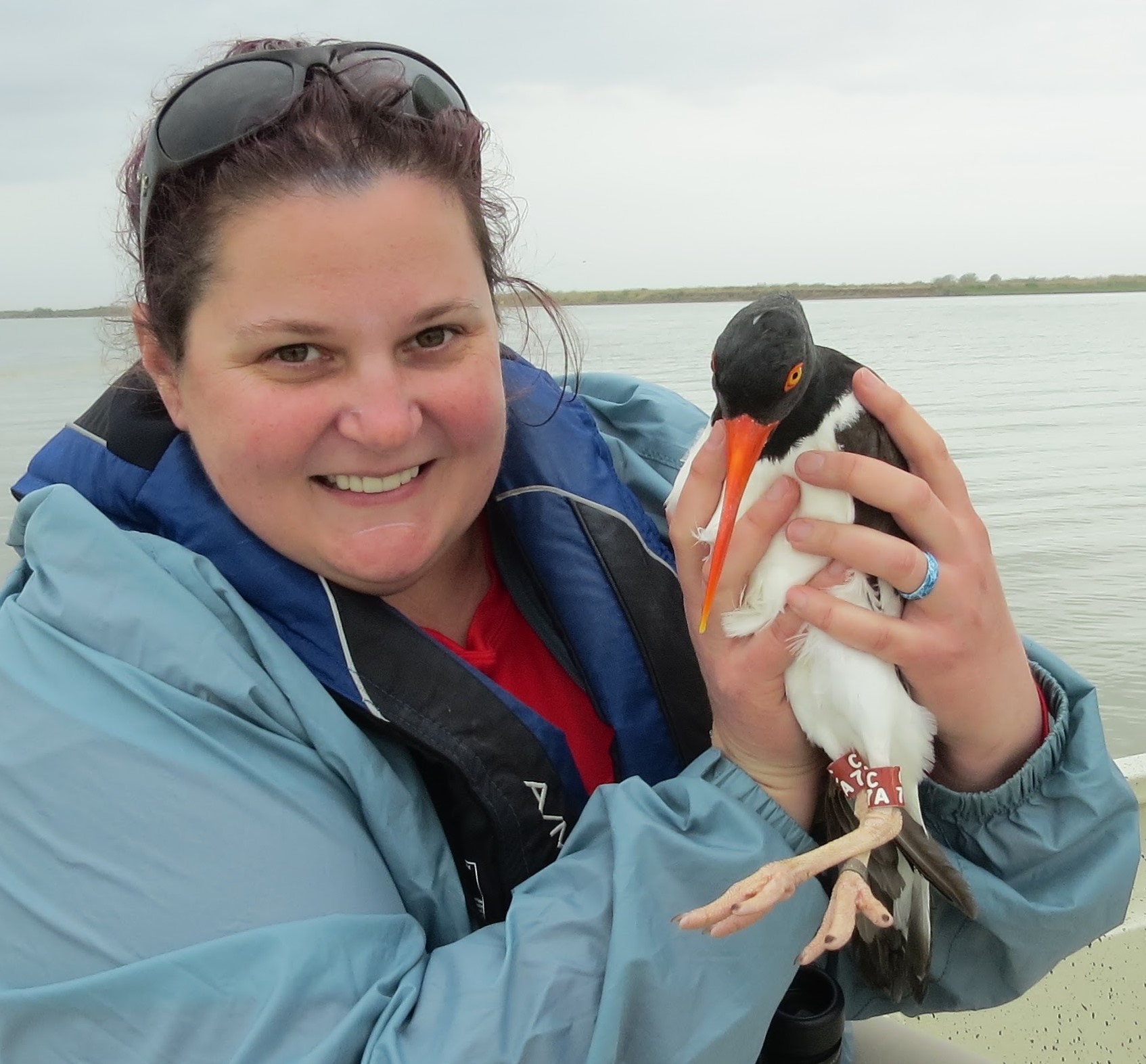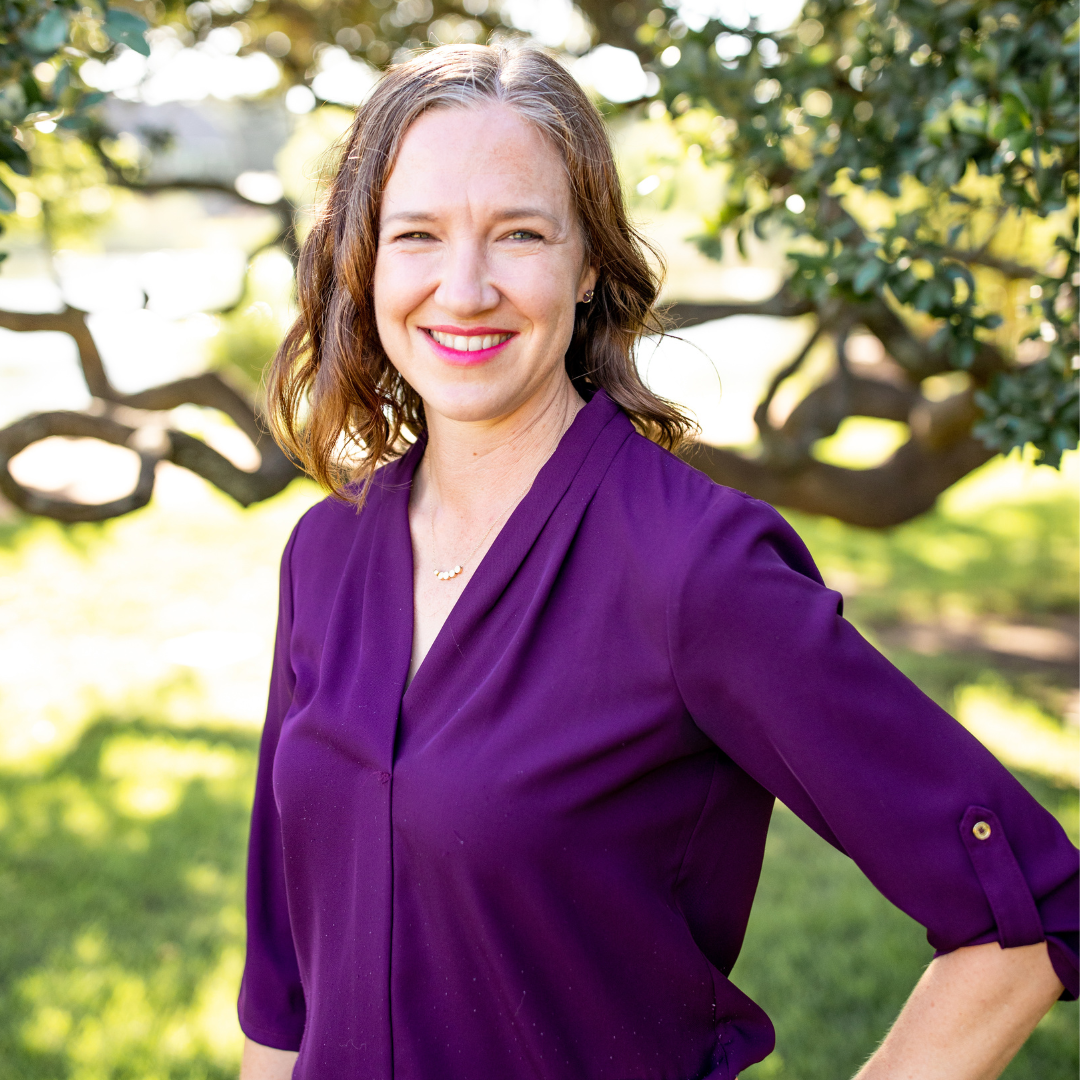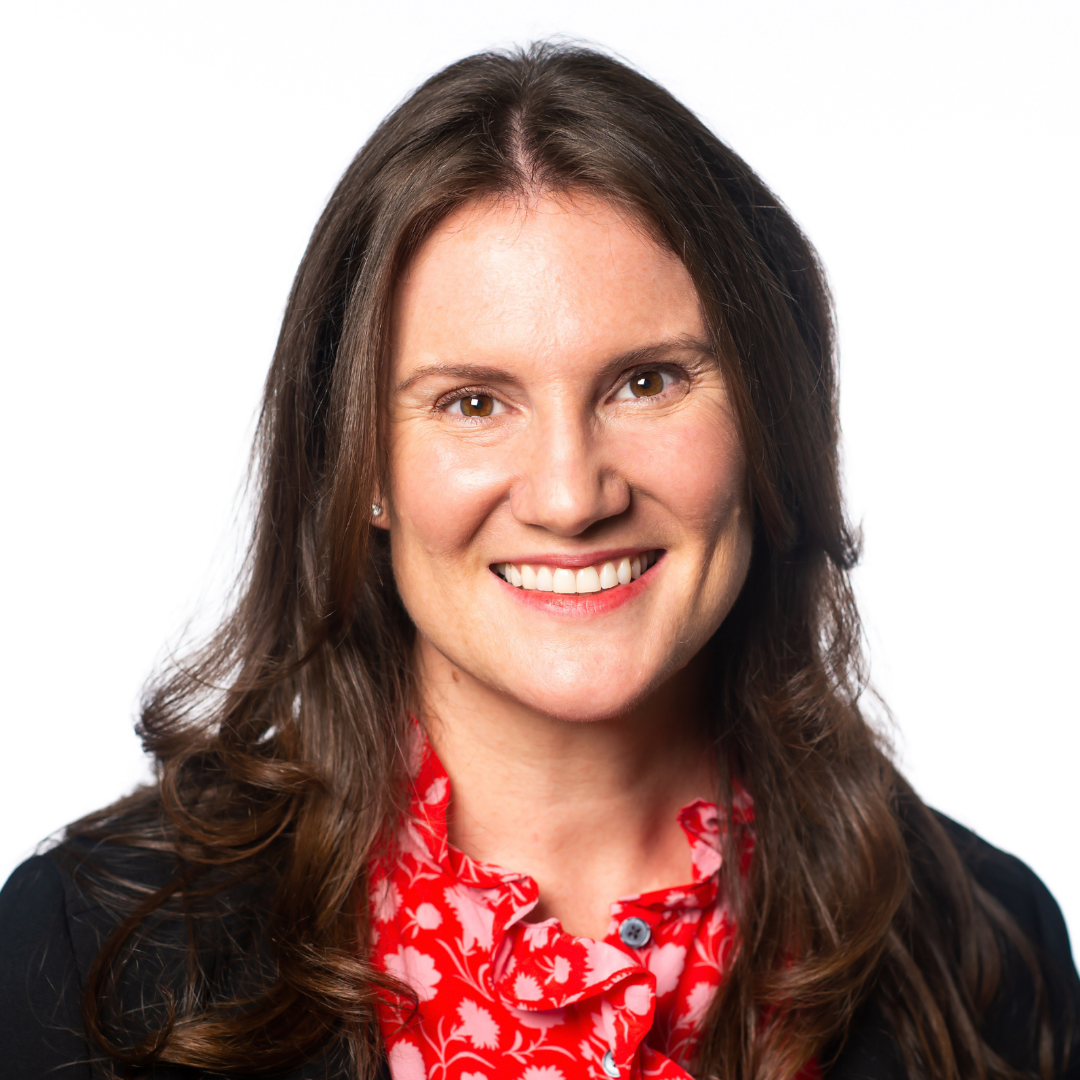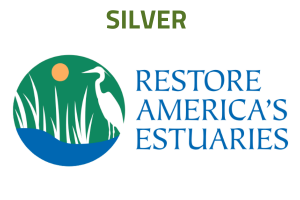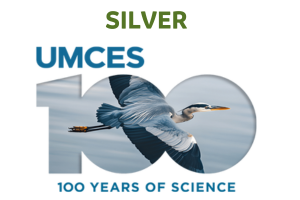- About
- Program
- Registration
- Experience
- Student & EC
- Hotel/Travel
- Sponsor/Exhibit
- Resources & More
CERF 2023 WorkshopReturn to Workshop Schedule
Sign up for this workshop when you register for CERF 2023. Already registered but want to add this workshop? Email the CERF Office for assistance!
|
||||||||||||||||
| Amanda Hackney | |
|
|
Amanda Hackney is a native of deep east Texas and has been working in coastal ecosystems for over 15 years. Her BS is in Wildlife and Fisheries Science from Louisiana State University. She received her MS degree from Clemson University in Wildlife Biology in 2010 with research focused on spatially modeling diamondback terrapin nest predation risk. She is currently working on a PhD in Marine and Coastal Systems Management at Texas A&M Galveston. She has held a variety of conservation related positions including six American Zoo and Aquarium Association accredited facilities across the country, the U.S. Fish and Wildlife Service, and Audubon Texas. In 2016 she founded Black Cat, a business providing logical, fact-based, biology driven solutions to enable efficient and innovative conservation programs. Amanda's background is in coastal waterbirds and GIS spatial modeling of estuarine habitats. She's worked on multiple marine debris projects, including developing and refining the STOP litter survey program. |
| Jess Lucas | |
|
|
Jess has a background in wildlife biology, including a BS from Texas A&M University, and a hard earned Master's Degree from Clemson University. Jess was awarded funding from Clemson and the U.S. Forest Service, which funded her research on habitat use by Rafinesque's big-eared bat. While Jess' field work focused primarily with bats, she has participated in a variety of wildlife projects along the Gulf and East Coasts, surveying properties for rare and endangered animals, recapture studies, and vegetation types. While field work was engaging, she found she enjoyed working on the GIS side of things. Currently, Jess takes great pride working on multiple marine debris projects, coordinating with organizations to promote and increase knowledge and effectiveness of litter cleanups. |
| Dr. Erin Kinney | |
|
|
Dr. Kinney is a wetland and coastal ecologist whose research examines changes to habitat and water quality due to the impacts of expanding human development and land use change. Dr. Kinney is PI for the Galveston Bay Report Card and co-PI for the Galveston Bay Estuary Resilience Assessment, both of which focus on water quality, habitat, wildlife and human impacts in Galveston Bay. Her research interests include the impacts of wetland loss and restoration and the impacts of human-induced change on coastal systems including eutrophication, impervious surfaces, invasive species, and litter and trash. She serves on the Natural Resource Uses and Public Participation and Education Subcommittees of the Texas Commission on Environmental Quality Galveston Bay Estuary Program. She is a founding member and serves on the Advisory Committee of the Partners in Litter Prevention council. |

